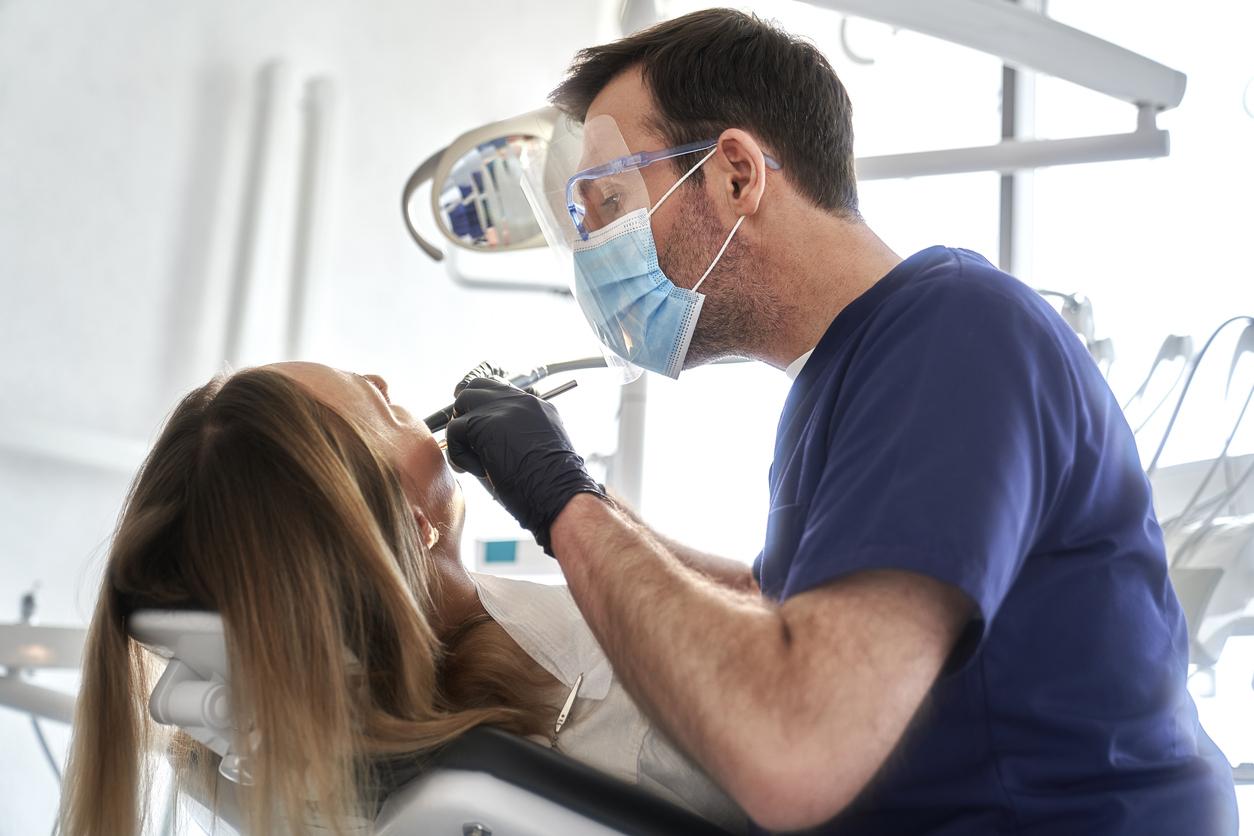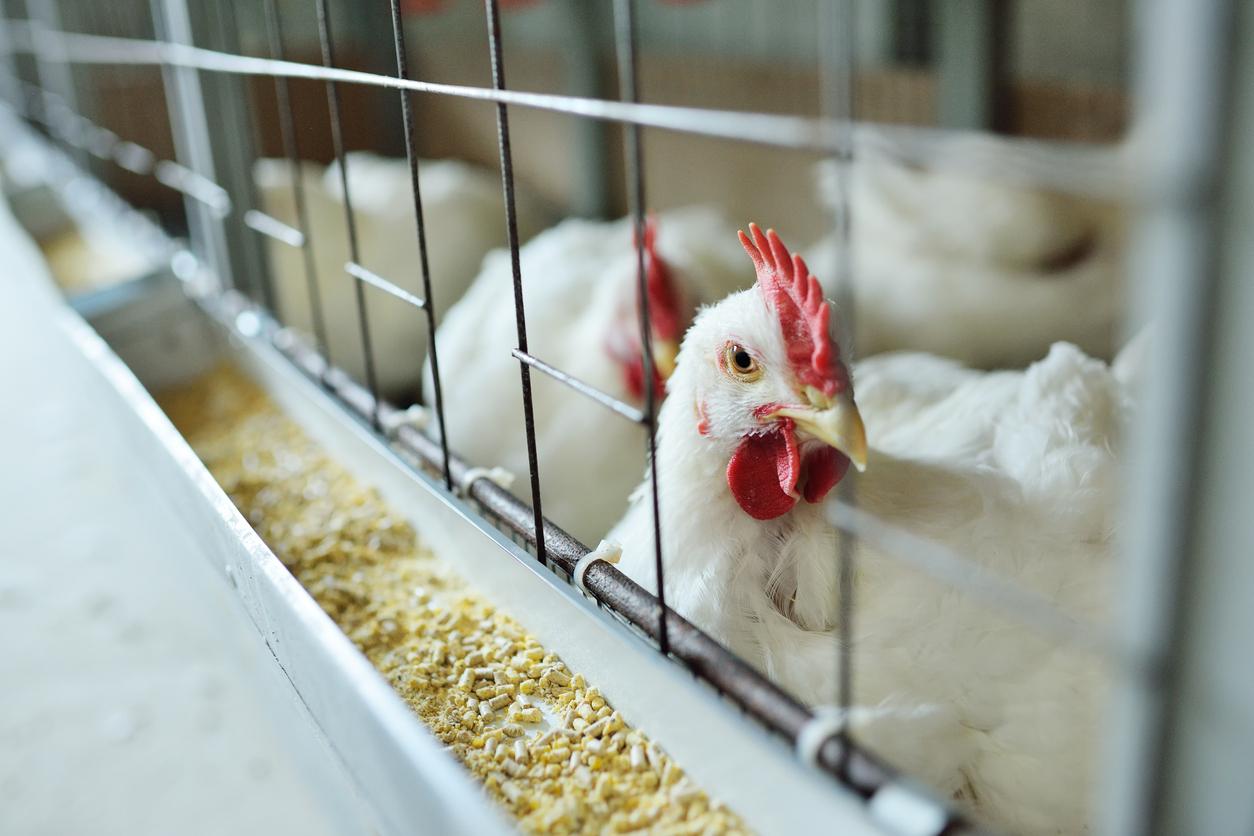France is ultimately not spared by the fipronil crisis, this insecticide used to eradicate lice in chicken farms, at thresholds largely exceeding those authorized by European regulations. In large amounts, fipronil is considered “moderately toxic” to humans by the World Health Organization (WHO).
On July 20, the Belgian authorities informed the European Commission via the European Alert Network (RASFF) that high levels of fipronil had been detected. in eggs and poultry meats (conventional and organic). The investigation had demonstrated the presence of this banned substance in a falsified pest control product, marketed under the name DEGA 16, used in poultry farms in the Netherlands.
Batches of contaminated eggs received in France
The crisis then spread to Germany, Switzerland and Sweden. And we learn that in France 13 batches of contaminated eggs from the Netherlands were received by food processing companies located in Vienne and Maine-et-Loire. “Investigations are being carried out in these establishments by the control services of the Ministry of Agriculture to assess the situation (the products concerned and their destination) and block the incriminated products for analysis purposes” underline the authorities in a press release.
In addition, a Pas-de-Calais breeding farm was placed under surveillance immediately after the breeder reported the use of this product by his Belgian supplier. “No eggs from this breeding have been put on the market, the results of the analyzes in progress will be known at the end of the week” adds the Ministry of Agriculture.
The Ministry of Agriculture and Food has contacted ANSES (National Health Security Agency
of food, environment and work) to obtain an opinion on the risks to human health linked to the ingestion of eggs or products contaminated by fipronil.
Read also :
Infographic: the health benefits of eggs
What does the code printed on the eggs mean?















